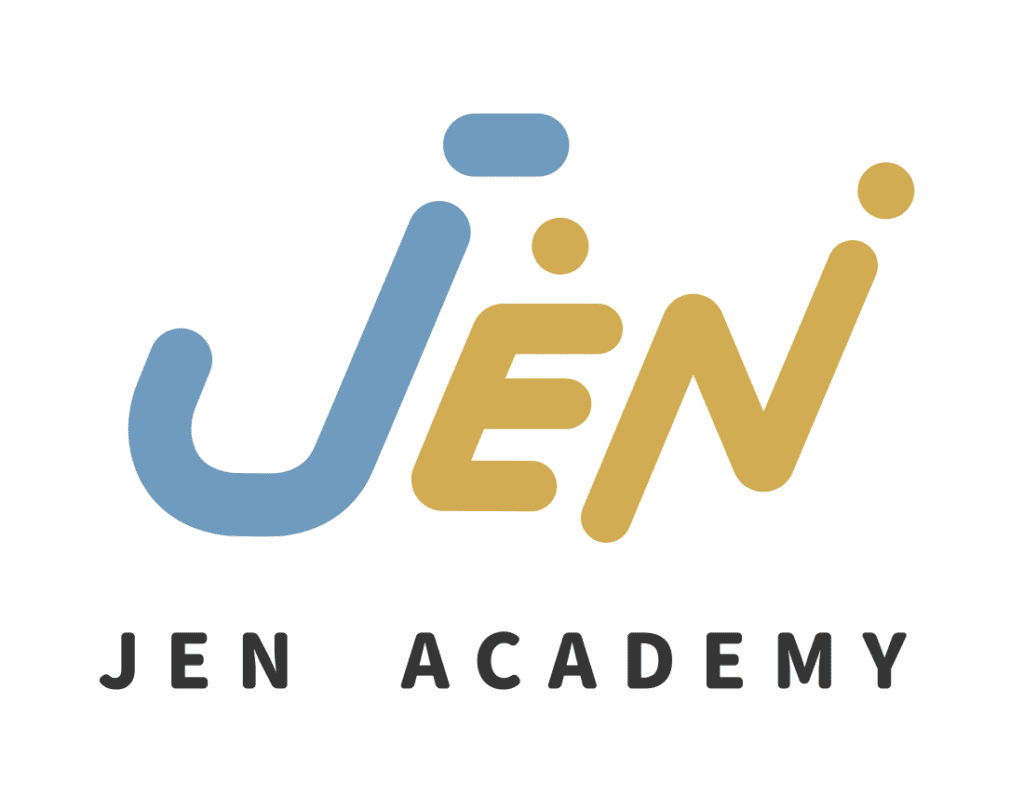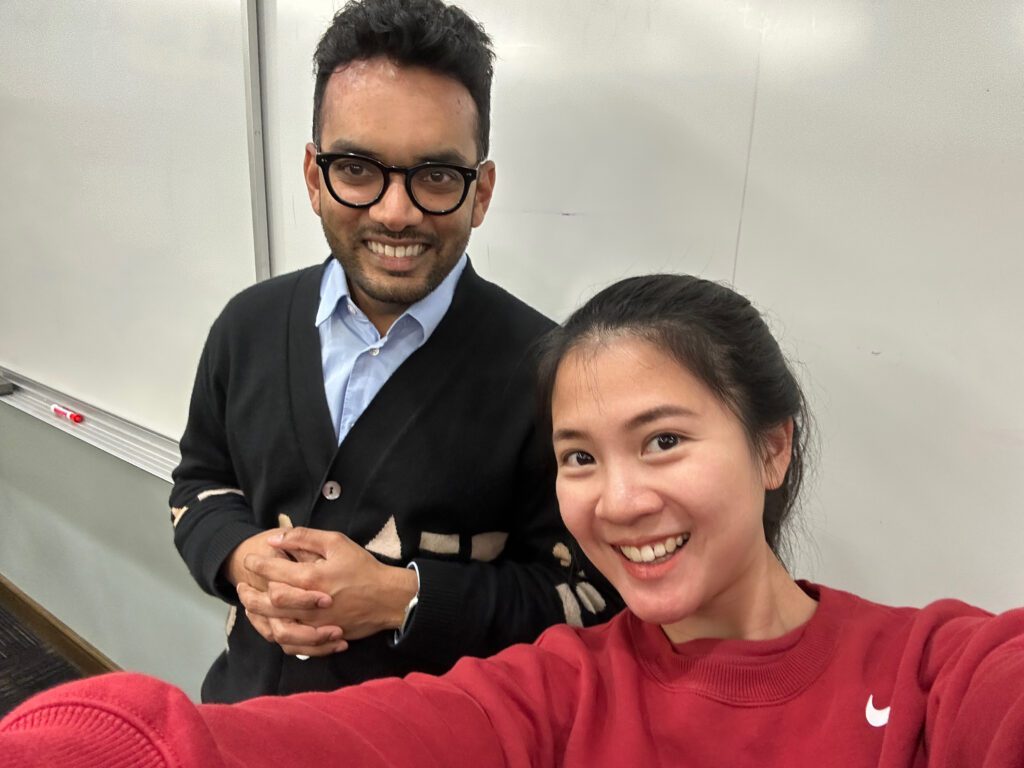Last night, I attended an insightful talk with Akshay Kothari, co-founder and COO of Notion. As a current MS student at Stanford, I found it especially inspiring to learn about Akshay’s startup journey, which began when he was an MS student here.
He shared his experiences in product design, team building, and the importance of cultivating both systems and adaptability within Notion, offering actionable insights for aspiring product leaders. Here are my 10 takeaways:
1. Prototype and Test Ideas Quickly: Akshay emphasized, “Don’t just sit on ideas—turn them into quick prototypes.” Even simple prototypes can yield valuable insights.
2. Build Systems, Not Just Features: Notion focuses on creating self-sustaining systems rather than just adding features, allowing the team to “achieve more with less.”
3. Direct Feedback as Kindness: Akshay shared, “Being direct is the kindest thing you can do to your team.” Honest, constructive criticism is key to continuous improvement at Notion.
4. Leverage Proven Sales Techniques: Initially, Notion tried a unique sales approach but found “traditional methods” essential to their market strategy.
5. Async Collaboration Empowers Teams: Notion’s async model minimizes meetings, letting designers and engineers focus on their craft. Akshay noted, “Our goal is to let designers design and engineers build.”
6. Embrace AI’s Messiness: Akshay described their approach as “making space for play,” iterating and experimenting to discover AI’s best uses.
7. Keep a Beginner’s Mindset: Despite his experience, Akshay stressed the importance of learning and improving through practice. “Surround yourself with people with strong product sense,” he advised.
8. Prioritize User Experience Over Features: While Notion could add many features, Akshay is committed to making the core experience intuitive and enjoyable. “Our goal is to simplify user experience, not to add features endlessly,” he shared.
9. Cultivate Conviction, but Stay Flexible: Akshay demonstrated conviction by sticking with Notion during its early struggles. However, he also pivoted the product strategy when the initial vision didn’t resonate. Balancing conviction with flexibility is key, he said.
10. Build for the Future User, Not Just Today: Akshay recognizes that Notion’s power user today differ from the users of tomorrow. Designing for this evolution is an ongoing challenge, but one Notion embraces wholeheartedly. “We must design for future users, not just today’s users,” he said.
Akshay’s insights offer a fascinating glimpse into the mindset and strategies that have propelled Notion’s growth. As a Notion user myself, I’m excited to see how the product continues to evolve and shape the future of work.


